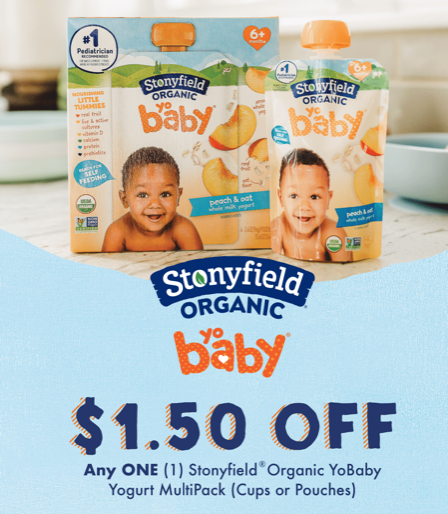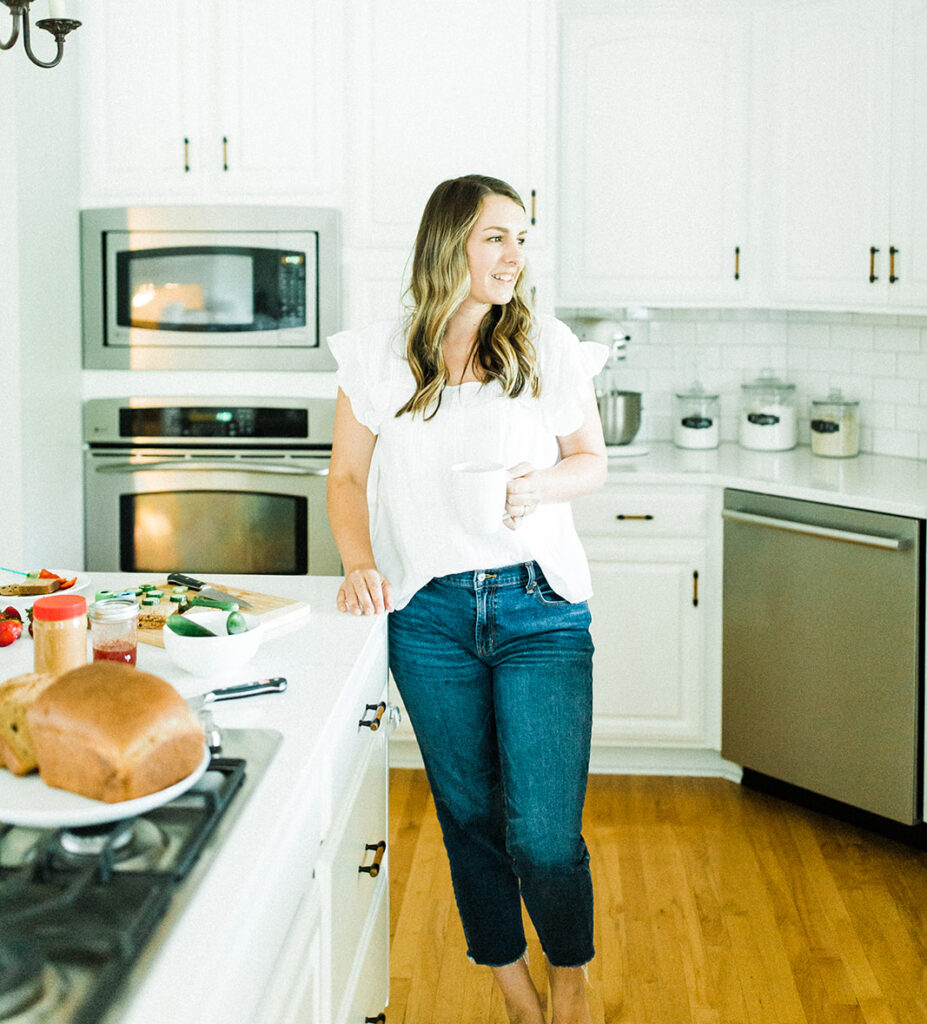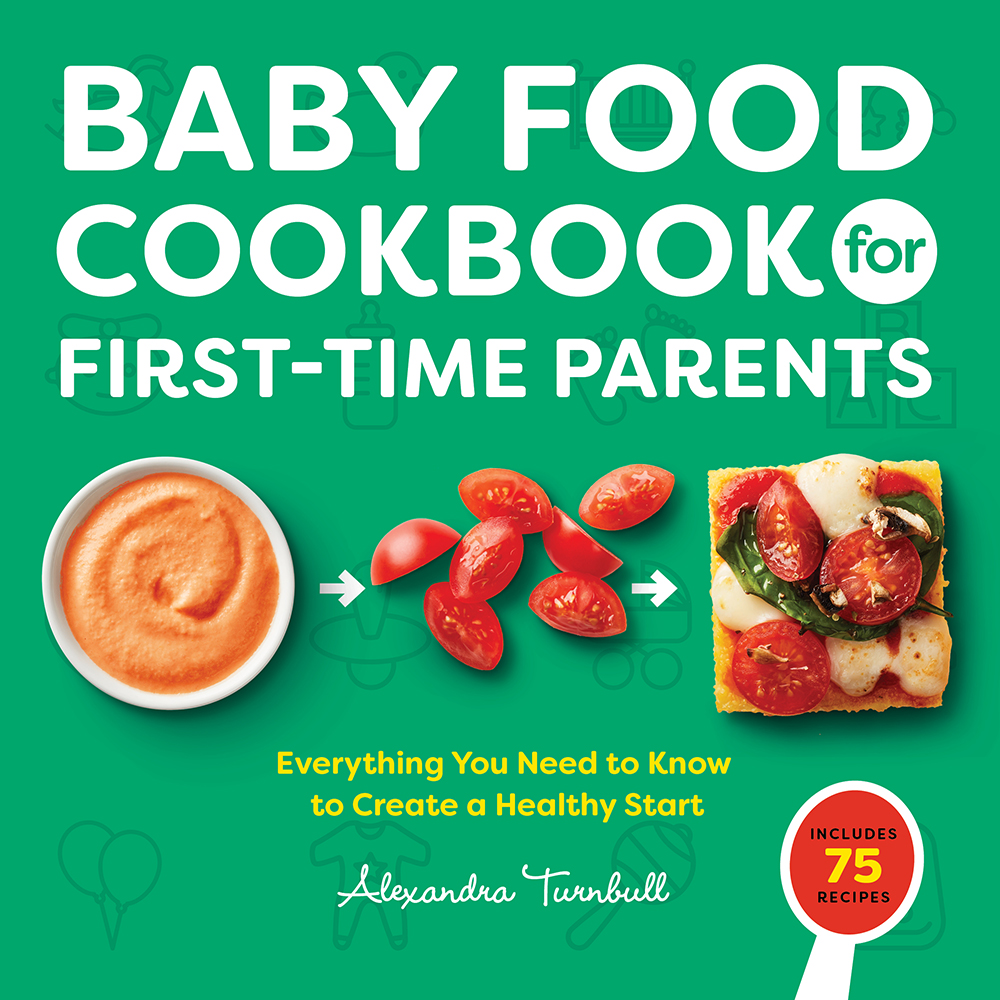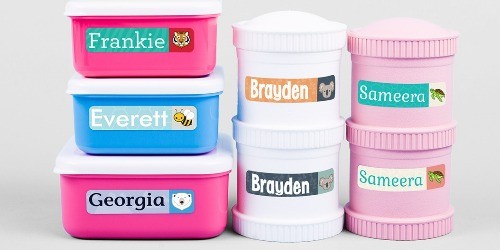This post is sponsored by Stonyfield Organic. All opinions are my own.
Have you ever been confused about when you can give your baby yogurt?
As a child nutrition expert, there’s a lot of confusion out there regarding when babies can eat yogurt and I’m here to help clear things up.
We will discuss when your baby can start eating yogurt, why they can eat yogurt but not cow’s milk before 12 months, and how to easily introduce yogurt to your baby.
Table of Contents
When Can Babies Eat Yogurt?
Let’s skip right to it. Your baby can safely start eating yogurt once they start eating solids. This typically happens around 6 months when your baby has started showing all the signs that they are developmentally ready to start eating solids.
Signs your baby is ready for solids:
- Good head control
- Sitting with minimal assistance
- Picking up objects and bring to mouth
- Showing interest in food
- Around 6 months of age
Why Babies Can Have Yogurt, But Not Cow’s Milk
But wait, babies shouldn’t have cow’s milk until 12 months. Why can they have yogurt if it’s made from cow’s milk?
Let’s pump the brakes really quickly before you make any unnecessary dietary restrictions.
Yes, yogurt is made from cow’s milk, but just because it’s made from cow’s milk doesn’t mean that it has exactly the same composition as cow’s milk.
While cow’s milk in very small quantities, typically mixed into recipes like baked goods, eggs, etc, is okay for your baby to consume, cow’s milk as a beverage is not recommended until 12 months of age for numerous reasons:
- Milk is rich in calcium and too much calcium can inhibit iron absorption which is a nutrient of concern for infants.
- Milk does not contain all the necessary nutrients needed under 12 months of age compared to formula or breast milk.
- The high levels of protein and minerals in cow’s milk are hard for babies to digest.
Formula or breastmilk, whichever you choose, should be the main source of nutrition, through the first year of life.
But yogurt is different than cow’s milk and your baby can safely eat yogurt once they start eating solids. Here’s why:
- Yogurt is fermented, which makes the proteins easier to digest.
- Yogurt is just one of many different foods included in your baby’s diet.
- Yogurt isn’t and shouldn’t replace breast milk or formula that your baby is consuming through 12 months of age.
The simple truth is that your baby can safely start eating yogurt once they are developmentally ready to start solids. In fact, it’s an excellent option to start with because of its safe consistency and amazing nutrient profile.
Why Yogurt is a Great Option
Yogurt is a great option to feed your baby from the start of introducing solids because it’s a safe consistency for your baby, and it contains calcium, Vitamin D, and protein.
To learn more about why these nutrients are so essential for your baby, check out my blog post: 7 Ways to Offer the Best Yogurt for Your Baby.
How to Select the Right Yogurt for Your Baby
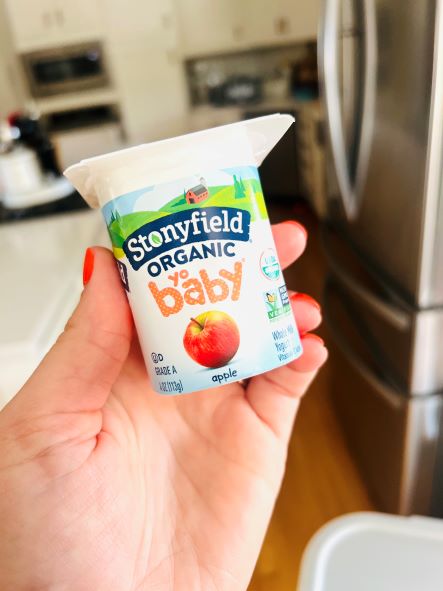
Now that you know your baby can safely eat yogurt starting around 6 months and it contains valuable nutrients for your baby, you’re probably wondering: “Well, which yogurt do I choose?”
Every time I make my way down the yogurt aisle at the grocery store, it seems to get bigger and bigger. But should your baby eat just any yogurt?
As a dietitian and expert in feeding infants and children, I recommend looking for specific nutrients and ingredients in your baby’s yogurt, and let me tell you, not all yogurts are created equal.
I recommend Stonyfield YoBaby Yogurt cups as the best yogurt for babies. They’re made with organic whole milk and contain protein, calcium, Vitamin D, probiotics, plus live and active cultures. They’re also #1 pediatrician recommended for babies 6 months to 2 years among refrigerated yogurts. (IQVIA ProVoice Survey, 12/01/15-08/31/21).
If you need yogurt for on-the-go, Stonyfield Organic has YoBaby yogurt pouches too!
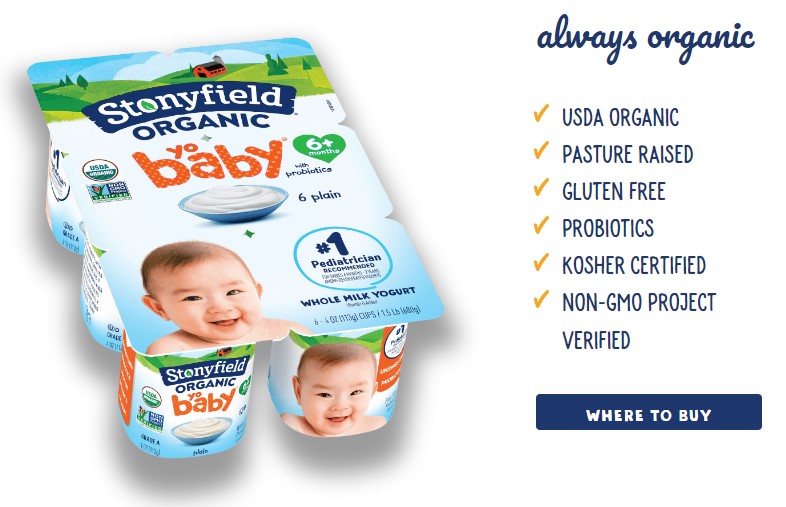
What about added sugar?
Added sugar is often a concern for parents and rightfully so.
While zero added sugar is recommended for children under two, it’s not always ideal for every family and in every situation. YoBaby yogurt cups come in both plain and flavored, with 6g added sugar per 4oz serving in the flavored cups, so you can choose!
Often times we have to weigh and measure the benefits your baby is getting from yogurt, which are many, despite a little bit of added sugar.
How to Offer your Baby Yogurt
Spoon-feeding your baby yogurt is only one of many ways you can offer your baby yogurt. Yogurt can be offered in a variety of ways because it is such an easy texture and consistency for your baby.
A few simple ways you can offer your baby include:
- Spoon feeding
- Pre-loading onto a spoon and letting them practice self-feeding
- Spread onto toast or teething biscuit
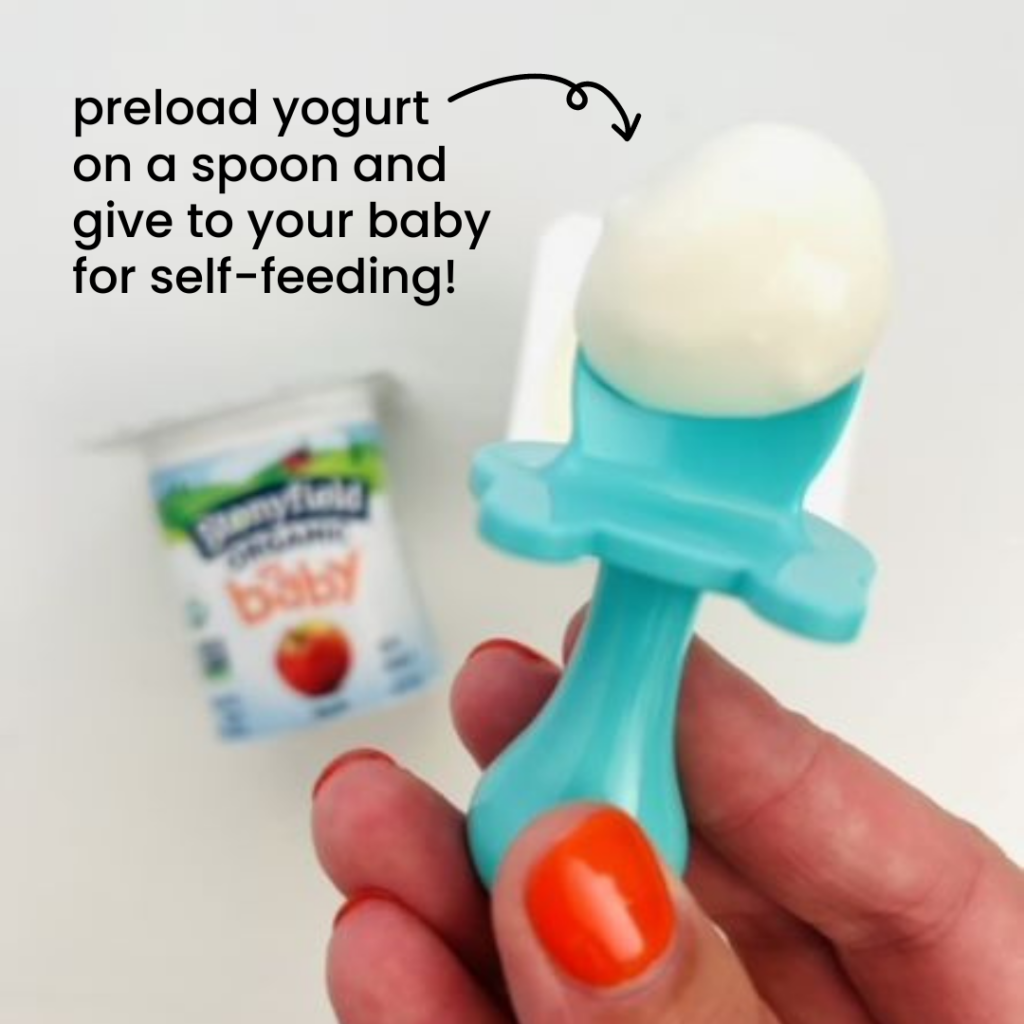
For more inspiration, check out my blog post 7 Ways to Offer the Best Yogurt for Your Baby.
In Conclusion
While your baby shouldn’t consume cow’s milk as a beverage until 12 months of age, your baby can safely start eating yogurt once they are developmentally ready to start eating solids.
Yogurt has many valuable nutrients to offer your baby such as protein, Calcium, and Vitamin D, but not all yogurts are created equal.
I recommend Stonyfield YoBaby yogurt cups for your baby because they’re made with organic whole milk and contain protein, calcium, Vitamin D, probiotics, plus live and active cultures. They’re also #1 pediatrician recommended for babies 6 months to 2 years among refrigerated yogurts. (IQVIA ProVoice Survey, 12/01/15-08/31/21).
While zero added sugar is recommended, it’s not always ideal for every family and in every situation. YoBaby yogurt cups come in both plain and flavored, with 6g added sugar per 4oz serving, so you can choose!
Find Stonyfield YoBaby yogurt cups or pouches near you!
